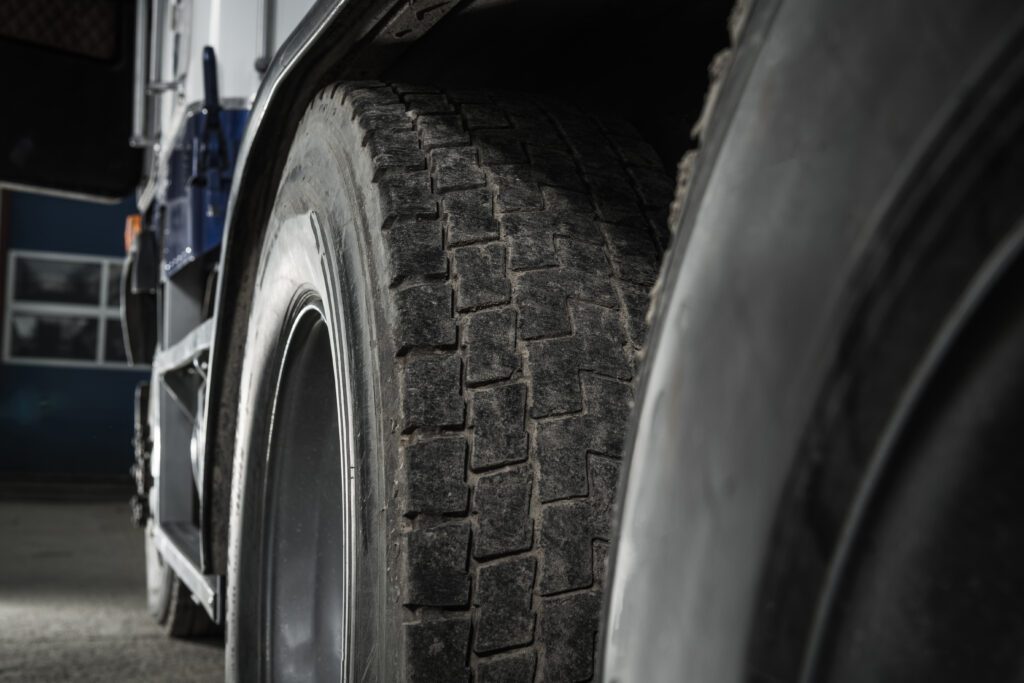Truck tires play a crucial role in determining your vehicle’s fuel efficiency. The right set of tires can save you money at the pump, while the wrong choice can lead to increased fuel consumption. Understanding the impact of truck tires on fuel efficiency is essential for any truck owner looking to optimize their vehicle’s performance.
How Truck Tires Affect Fuel Efficiency
Tire Tread and Rolling Resistance
The tread design of your truck tires significantly influences fuel efficiency. Tires with deeper treads and aggressive patterns are great for off-road conditions but create higher rolling resistance on paved roads. Higher rolling resistance means the engine has to work harder, consuming more fuel. Opting for tires with low rolling resistance can improve fuel economy, especially for highway driving.

Tire Pressure and Maintenance
Maintaining the correct tire pressure is another critical factor. Under-inflated tires increase rolling resistance and decrease fuel efficiency. Regularly check your truck tires’ pressure and keep them inflated to the manufacturer’s recommended levels. Properly inflated tires not only enhance fuel efficiency but also ensure a smoother and safer ride.
Tire Size and Weight
The size and weight of your truck tires also affect fuel efficiency. Larger, heavier tires require more energy to rotate, leading to higher fuel consumption. When choosing new truck tires, consider the manufacturer’s specifications for your vehicle to avoid unnecessary increases in weight and size that can negatively impact fuel economy.
Choosing the Right Truck Tires for Better Fuel Efficiency
Consider Low Rolling Resistance Tires
Investing in truck tires designed for low rolling resistance can yield significant fuel savings over time. These tires are engineered to reduce the energy required for each rotation, improving fuel efficiency without compromising performance.

Regular Maintenance and Inspections
Regularly inspect your truck tires for signs of wear and tear. Uneven tread wear can increase rolling resistance and reduce fuel efficiency. Rotating your tires and performing wheel alignments as recommended by your vehicle’s manufacturer can help maintain optimal performance and fuel economy.
The Importance of Proper Tire Inflation
As mentioned earlier, keeping your truck tires properly inflated is crucial. Invest in a reliable tire pressure gauge and check your tire pressure at least once a month. Proper inflation not only improves fuel efficiency but also extends the lifespan of your tires.
The Financial Benefits of Fuel-Efficient Truck Tires
Saving Money on Fuel
Fuel-efficient truck tires can lead to substantial savings on fuel costs. By reducing rolling resistance and maintaining proper tire pressure, you can lower your truck’s fuel consumption and save money over the long term.
Extended Tire Lifespan
Properly maintained, fuel-efficient truck tires tend to last longer. Reduced rolling resistance and proper inflation decrease wear and tear, extending the life of your tires and reducing the frequency of replacements.
Environmental Impact
Choosing fuel-efficient truck tires also has a positive environmental impact. Reduced fuel consumption means fewer greenhouse gas emissions, contributing to a cleaner and healthier environment.
Make the Smart Choice for Your Truck
Investing in the right truck tires can significantly impact your vehicle’s fuel efficiency, saving you money and benefiting the environment. Prioritize low rolling resistance tires, maintain proper tire pressure, and conduct regular inspections to ensure optimal performance. Make the smart choice for your truck and enjoy the financial and environmental benefits of fuel-efficient tires.
Ready to improve your truck’s fuel efficiency? Contact us to learn about our range of fuel-efficient truck tires. For more tips on vehicle maintenance and tires, visit our Ced’s Mobile Truck Tire Service blog page.